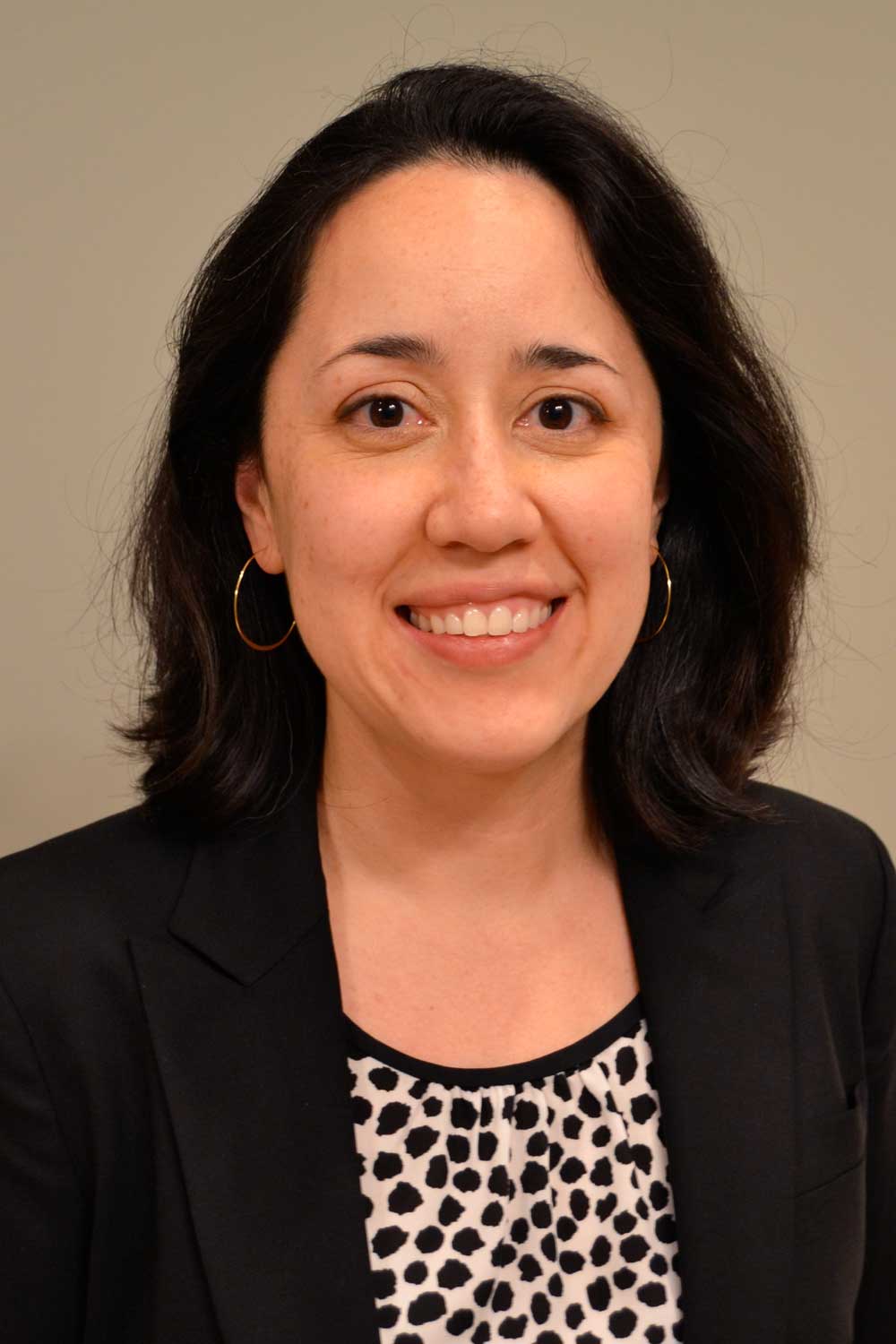 Caroline N. Harada, M.D., associate professor in the Division of Geriatrics, Gerontology and Palliative Care, has been named assistant dean for Community Engaged Scholarship in the School of Medicine, a new joint position in the Department Undergraduate Medical Education and the Office of Medical Student Services to formalize community outreach learning opportunities for students in the UAB School of Medicine.
Caroline N. Harada, M.D., associate professor in the Division of Geriatrics, Gerontology and Palliative Care, has been named assistant dean for Community Engaged Scholarship in the School of Medicine, a new joint position in the Department Undergraduate Medical Education and the Office of Medical Student Services to formalize community outreach learning opportunities for students in the UAB School of Medicine.In this role, Harada will oversee the student Learning Communities and the new Office of Service Learning, which will formalize the service work already being done in the community by SOM students and integrate it into the curriculum.
“Students at UAB do tons of service in the Birmingham area,” Harada said. Medical students volunteer in Birmingham through student-run initiatives, like providing free medical care for the underserved and uninsured at Equal Access Birmingham and offering academic tutoring to school-age children at the United Methodist Church in East Lake. Harada said students also volunteer for many other local organizations, including Habitat for Humanity, the Exceptional Foundation and Children’s of Alabama.
“What we haven’t done is take those community service experiences and harness these potential learning opportunities into the medical school curriculum. I want to take the challenges they see in our community— like social problems that result in poor health and healthcare accessibility disparities, for example— and use them to help our students understand these problems and learn the skills to start addressing them. Service learning is also a wonderful way to learn interprofessional team practice,” she said.
Harada will also oversee the Learning Communities, a program that pairs 11 small groups of medical students with a faculty mentor and serves as a means for peer mentoring. She said the faculty mentors will teach learning community sessions on a wide variety of topics including health and wellness, ethics, and communication skills. The groups will also plan, implement and reflect on service work they do as a group.
“Being asked to lead in this new role is just the coolest thing, because I get to innovate and create something new that I really believe will have a positive impact on our medical students and in the Birmingham community.”
Harada joined the School of Medicine faculty in 2008 from the University of Chicago, where she was a faculty member for two years. She completed her undergraduate work in biology at Brown University in 1996, and, after a year of living in Bolivia teaching an after-school program at an orphanage, began her medical education at the Yale School of Medicine, graduating in 2001. She completed an internal medicine residency and two-year geriatrics fellowship at the University of Chicago.